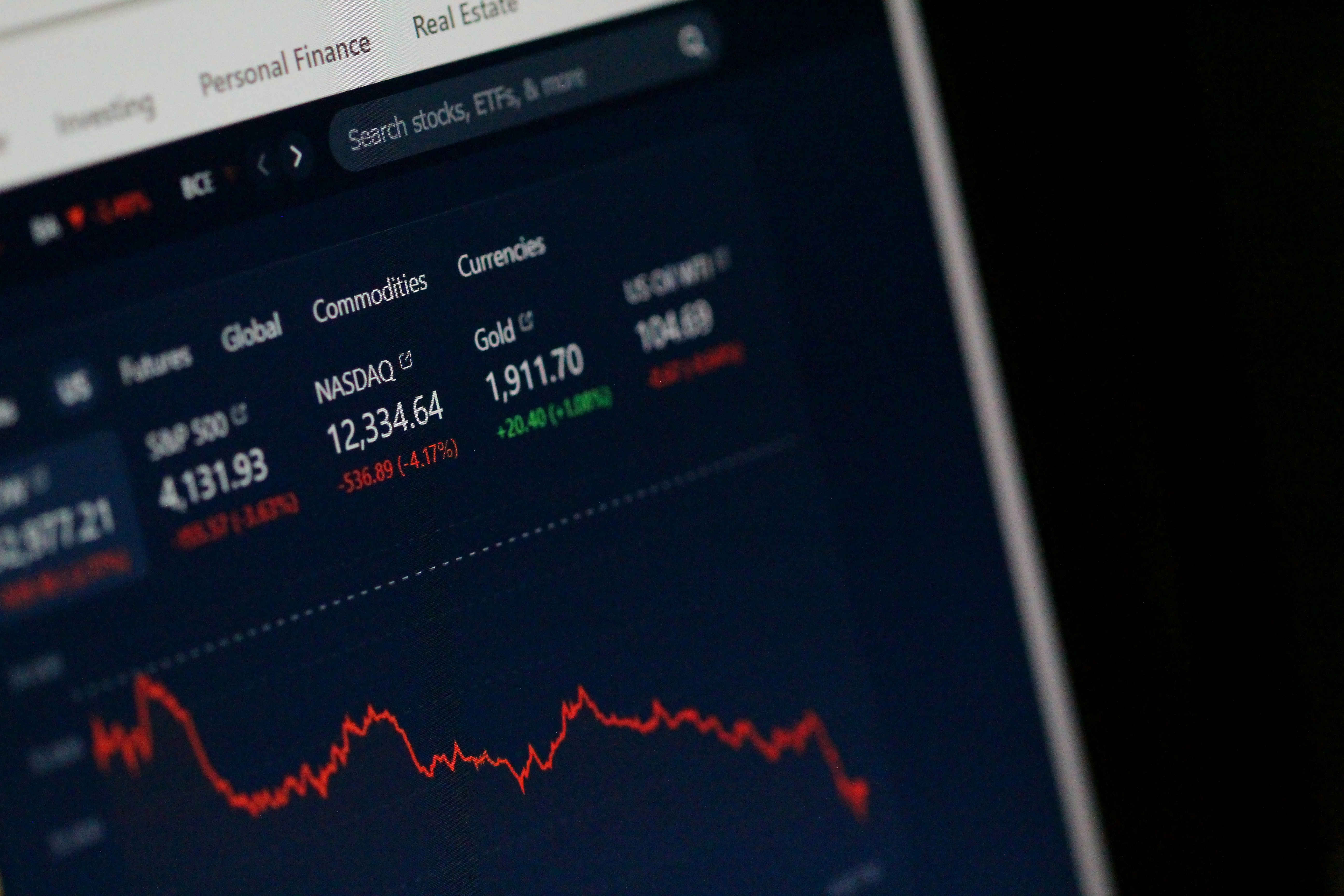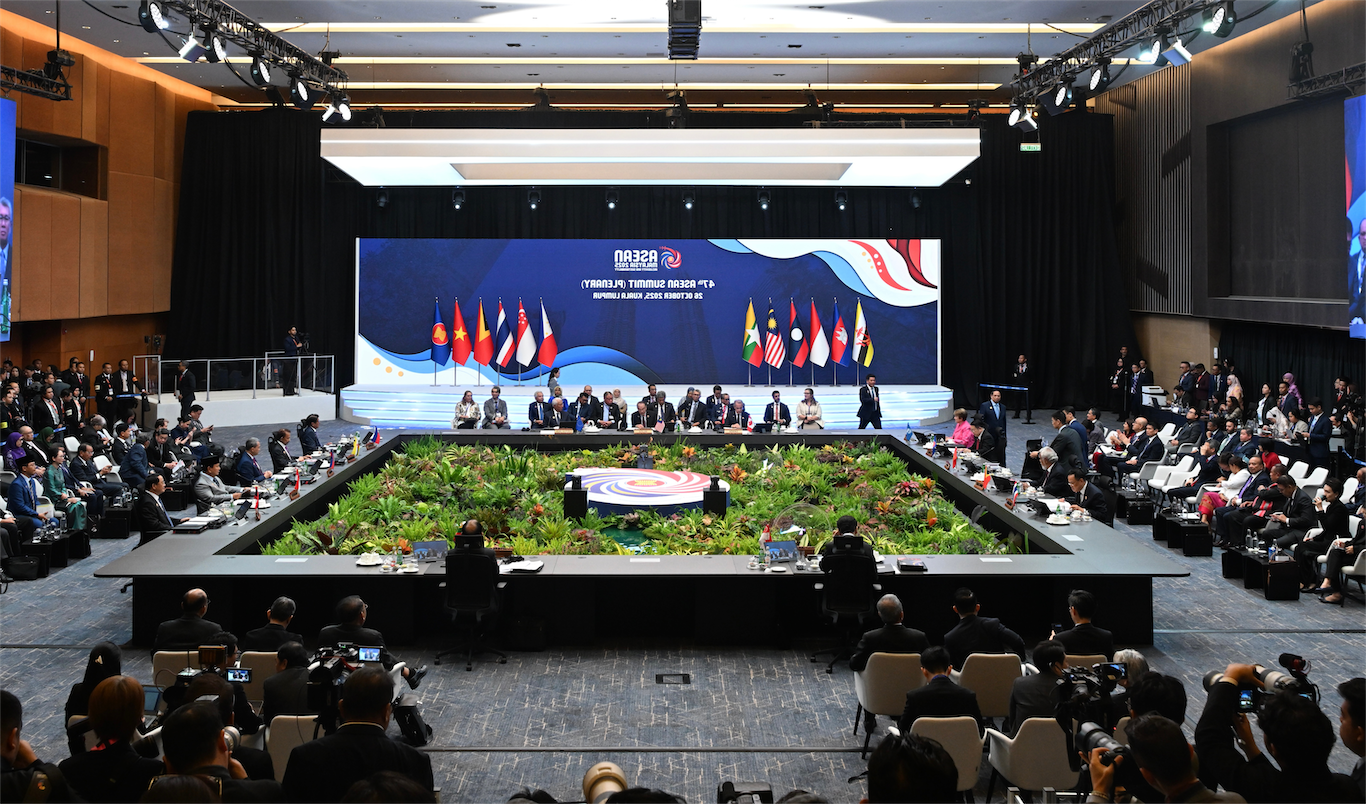Despite the leverage that the digital economy brings through digitalization, lacking digital skills and literacy may bottleneck the digital economy adoption. The cutting-edge technology infrastructure should be supported by sufficient digital skills and literacy to optimize it, otherwise, the digital infrastructure cannot realize its full potential to excel the economic growth. Therefore, investing in people to acquire more advanced digital skills acquisition becomes key to developing a just and sustainable digital economy.
Therefore, digital literacy and skills are among the priority agendas discussed in the 2022 Indonesian presidency of the Group of Twenty (G20). Currently, G20 plays a crucial role in closing the gap by leading and guiding the digital economy adoption through digital skills advancement. One of the efforts is to close measurement and implementation gaps, especially in developing economies, and strengthen the comparability of indicators and statistical capacities in G20 countries and beyond.
In line with some of the previous works such as the G20 Toolkit for Measuring the Digital Economy and the G20 Roadmap toward a Common Framework for Measuring the Digital Economy, the G20 Toolkit for Measuring Digital Skills and Digital Literacy aims to provide the holistic yet flexible measurement of each country’s digital skills and literacy level. It combines various prior frameworks and indicators to develop a comprehensive digital skills ecosystem, including infrastructure (digital and physical) and the human endowment in each country. Also, the toolkit provides flexibility by allowing the G20
members to adopt the toolkit differently depending on their characteristics.
The G20 Toolkit for Measuring Digital Skills and Digital Literacy aims to meet three main objectives. Firstly, the toolkit improves the existing measurement and fills the gap from the preceded digital toolkits. It also promotes a novelty of digital skills measurement by combining the firm survey, individual survey, and secondary data to capture the overall
condition. Secondly, the toolkit guides a country to optimize the exploration of digital indicators and infrastructures to generate strategic policies for digital economic development. Finally, the toolkit can be a robust starting point for exploring the possible use and extension of measurement, including indicators and surveys, to achieve a more inclusive digital economy among G20 members.







